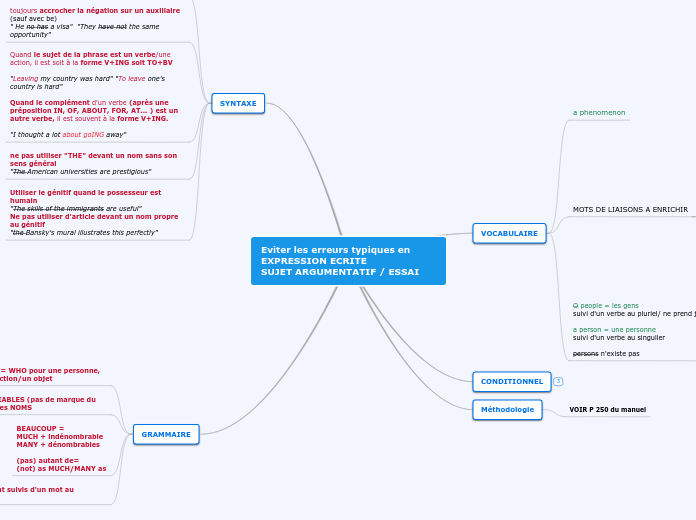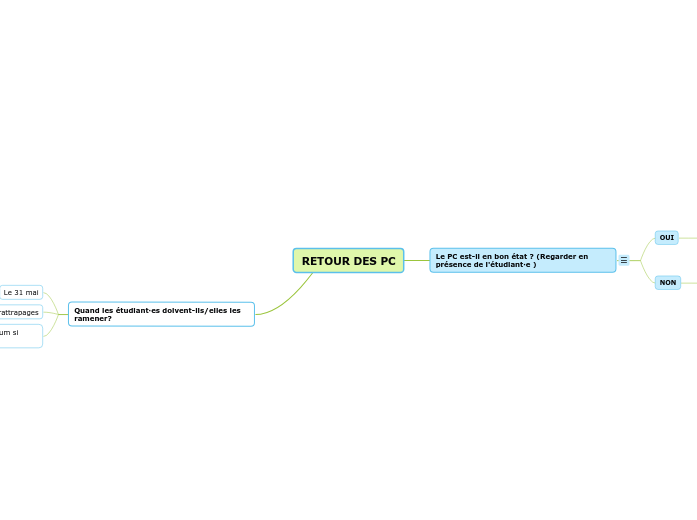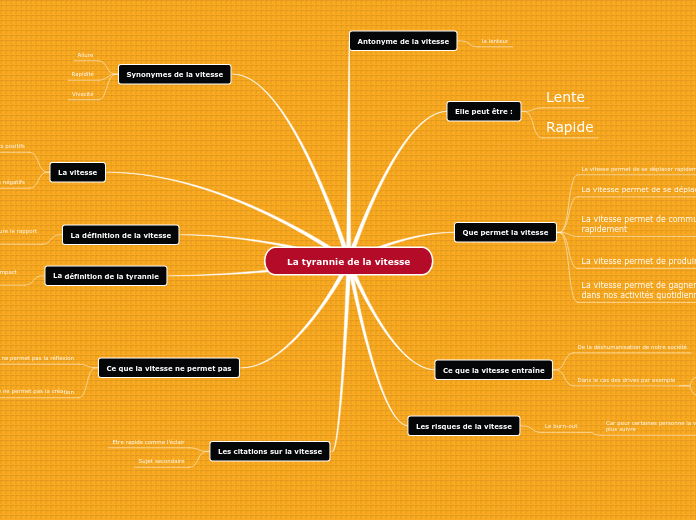a Providence Caroline 5 éve
452
Eviter les erreurs typiques en EXPRESSION ECRITESUJET ARGUMENTATIF / ESSAI
1: méthodologie, vocabulaire, grammaire, syntaxe, conditionnel, erreurs Input 2: L'expression écrite dans un sujet argumentatif ou un essai nécessite une méthodologie rigoureuse pour éviter des erreurs typiques.









